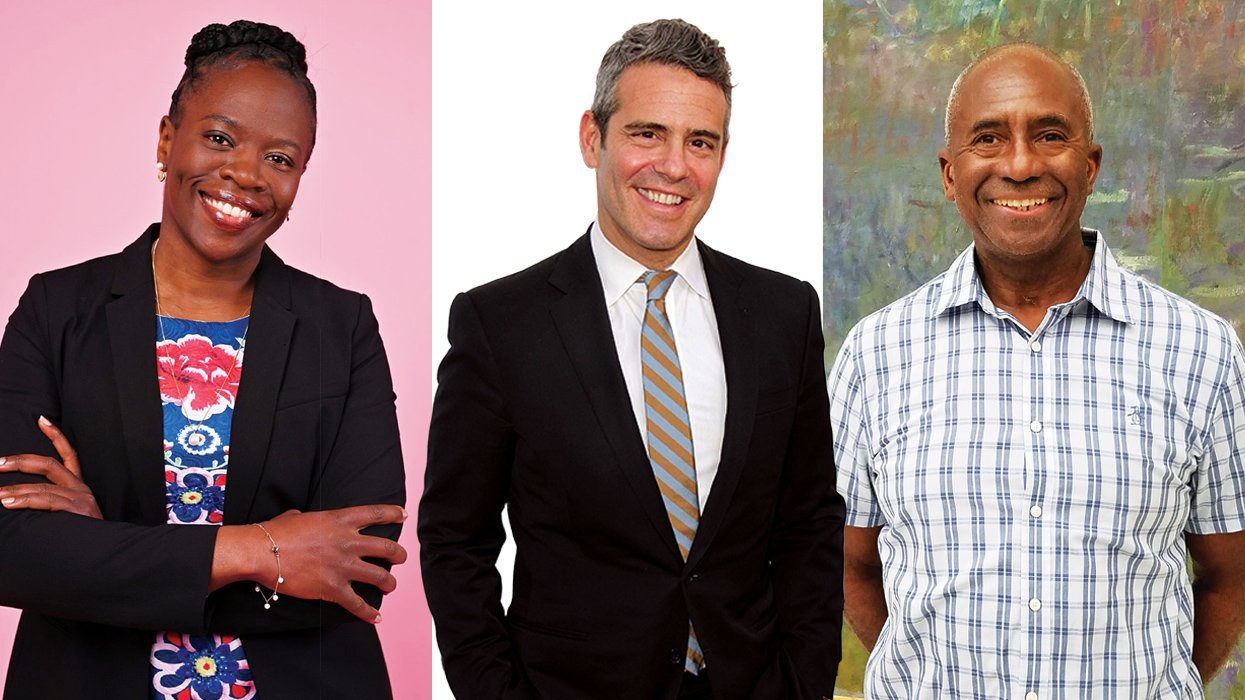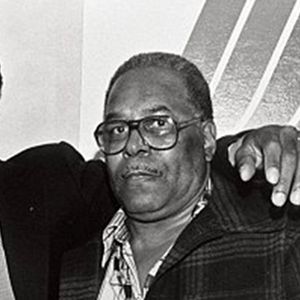The movie, Dallas Buyers Club, has brought new awareness and attention to the history and struggle undertaken by so many Americans coast-to-coast for access to AIDS treatment in the 1980s. From Ron Woodroof to the early activists from ACT-UP, a new community grew consisting of people often considered as outcasts —gay men, lesbians, transgender and poor people. They fought for dignity, education and access to medication.
Yet even today, some 30 years later, the HIV/AIDS community still faces huge challenges in access to health care. The Centers for Disease Control and Prevention has estimated that only 28 percent of more than one million people living with HIV/AIDS in the United States are receiving the full benefits of treatment (i.e., undetectable HIV viral load). That means 72 percent of people living with HIV/AIDS in the U.S. are not yet in care or receiving the full benefits of antiretroviral (ARV) treatments. Here in the United States; the richest country in the world. Residing in a low-income neighborhood or rural south where there may be little to no medical services and the stigma wrapped around an HIV diagnosis are just a few of the hindrances in seeking care.
In recent times, the astonishing news about the obstacles to treatment goes on. As a result of the federal sequestration, HIV care is hurting while the number of people living with HIV/AIDS needing care and support is increasing. The AIDS Drug Assistance Program (ADAP) provides life-saving medication to low-income people living with HIV/AIDS who have limited or no health insurance coverage, and meet state-specific income guidelines. ADAP is funded by the Ryan White Care Act, which also provides grants to cities heavily affected by the epidemic. As funding cuts roll out, tens of thousands of people living with HIV and AIDS could lose their ADAP services. The AIDS Institute in Washington DC reported that 85 percent of HIV/AIDS organizations—including GMHC—that provide support for people living with HIV/AIDS in adhering to treatment and other care services, experienced serious funding reductions which led to decreases in staff and programming.
GMHC had to lay off several staff members and, in particular, reduce services in our food programs. Good nutrition is critical when taking HIV medications. And who are GMHC’s clients? Primarily gay men of all races, black and Latino women, transgender and poor people—another generation of those often considered as outcasts. If the funding cuts continue, people living with HIV/AIDS will encounter an experience like bull riding as Ron Woodroof did at the rodeo. They will ride the bull of government indifference while holding on to their medications for dear life. If they fall off the bull—and lose medications—this will lead to higher healthcare costs and more AIDS-related deaths.
Across the treatment arena is some good news and it is called the Affordable Care Act (ACA) which is scheduled to go into full effect in 2014. People living with HIV/AIDS cannot be denied insurance due to pre-existing conditions and can now access either private insurance or Medicaid. They will also be able to connect with many primary and specialty health care services. The bureaucratic snag is that people living with HIV/AIDS may need both the ACA and Ryan White-funded HIV/AIDS programs, especially undocumented immigrants.
Activists must continue to urge the Congress and the President to reverse the sequestration cuts and adequately fund HIV/AIDS care and treatment programs. To paraphrase Joan Crawford’s quote in the movie, Mommy Dearest, “This isn’t [GMHC’s] first time at the rodeo, boys.” GMHC is still here, determined to continue advocating for people living with HIV/AIDS and ensuring they have optimal care and support. While this vital work is happening, we hope Dallas Buyers Club will generate more public conversation about what it will take to make such care accessible and affordable to all, both in the United States and around the world.
Janet Weinberg is interim CEO of GMHC, the world’s first and leading provider of HIV and AIDS prevention, care, and advocacy.


















































































